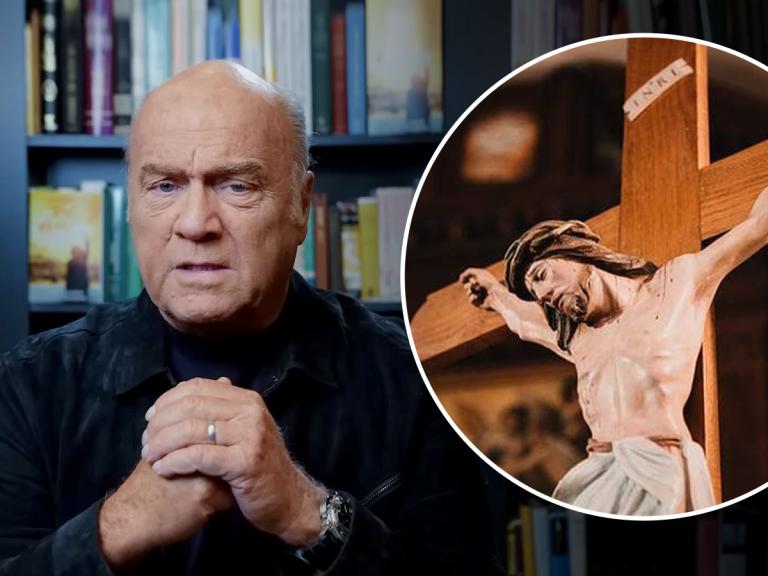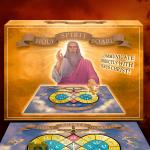
Joining Glenn Beck on “The Glenn Beck Podcast” after the amazing success of “The Jesus Revolution,” Pastor Greg Laurie of Harvest Christian Fellowship discussed whether another “Jesus Revolution” was underway. Beck referred to the current climate as “the best of times, the worst of times,” quoting Charles Dickens in A Tale of Two Cities. The two shared their optimism that America may be on its way to a third “Great Awakening.” As the conversation continued, the two discussed how God uses imperfect people for His plan. The pair noted Lonnie Frisbee’s flawed life and tragic ending. Laurie addressed the idea of how God uses the bad for the good, noting how Satan entered Judas’s heart and influenced him to betray Jesus. “That’s why it’s so ridiculous for people to say, ‘Well, Jewish people are responsible for the crucifixion of Jesus.’ I am responsible for the Crucifixion of Jesus. My sins put Him on the cross,” he noted.
The controversy of “who killed Jesus” is centuries old and has been used to support antisemitic policies throughout the centuries. In 380 AD, Theodosius I decreed Christianity to be the official state religion throughout the Roman Empire. This left Jews in a precarious political situation. Ambrose, bishop of Mediolanum, forced the emperor back from giving Jews, heretics, and pagans rights equal to Christians. “Who do [the Jews] have to avenge the synagogue? Christ whom they have killed, whom they have denied?” Ambrose charged. Jews faced off-and-on-again persecution through the next thousand years. In 1523 Martin Luther wrote “That Christ Was Born a Jew,” but in 1538 wrote that Jesus had turned on the “damned, rejected race.” Antisemitism reached its pinnacle during World War II with the Holocaust, where over 6 million Jews perished. In addressing whether or not the New Testament was responsible for the antisemitism that led to the Holocaust, the United States Holocaust Memorial Museum writes, “Was there a direct line from the anti-Jewish passages in the New Testament to the gas chambers at Auschwitz, as some have alleged? Probably not. The line was indirect, beginning around 150 with gentile misreadings of the bitter intra-Jewish polemic contained in those writings. The theological anti-Judaism of the Church fathers, repeated endlessly in medieval and Renaissance-Reformation preaching, was the far greater culprit.”
Mel Gibson’s 2004 film “The Passion of the Christ” reignited discussions of the controversy, with the Anti-Defamation League stating the film’s portrayal of Jews was “antisemitic.” “We were saddened and pained to find that ‘The Passion of the Christ’ continues its unambiguous portrayal of Jews as being responsible for the death of Jesus. There is no question in this film about who is responsible. At every single opportunity, Mr. Gibson’s film reinforces the notion that the Jewish authorities and the Jewish mob are the ones ultimately responsible for the Crucifixion,” the ADL wrote. A 2004 poll from the Pew Research Center found that 26% of the public considered Jews to be responsible for Jesus’s death, an increase from 19% in 1997. However, 60% still stated they were not responsible. Gibson, when asked who killed Jesus, gave an answer that is echoed by Laurie. “The big answer is, we all did. I’ll be first in the culpability stakes here, you know,” he said. The controversy was further muddled when Gibson was arrested for DUI in 2006 and made antisemitic comments. Nearly 20 years later, Gibson continues to address his statements and has apologized, stating he was suffering from an alcohol problem. With a sequel to “The Passion of the Christ” reportedly due out in 2024, it will be seen how Gibson may or may not attempt to right any charges of antisemitism.


